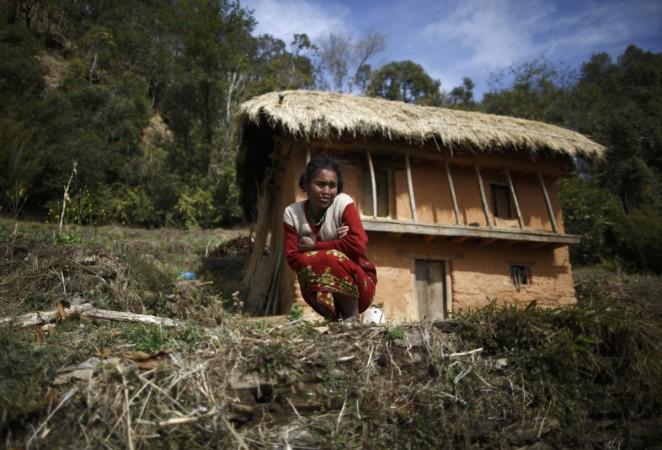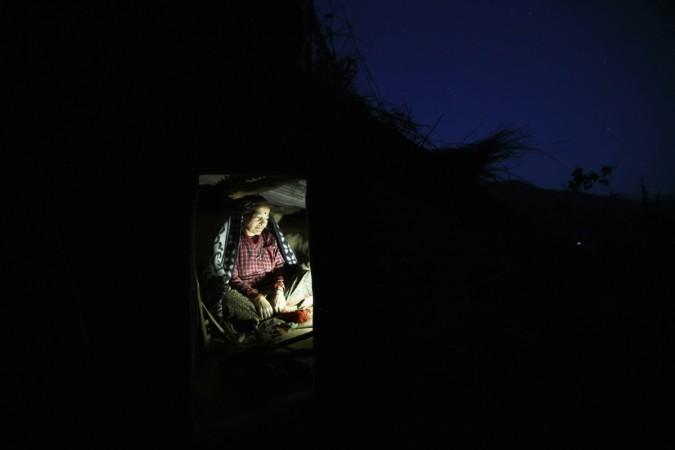
The Nepal Parliament on August 9 passed a law making the practice of forcing women to sleep in huts or cattle sheds during menstruation a criminal offense punishable by a three-month jail sentence or Rs 3,000 penalty. The practice, locally called chhaupadi, was banned by the Supreme Court more than a decade ago, but is still common in the remote villages of the country.
Chaupadi garnered international attention after an 18-year-old girl died last month after being bitten by a snake while she was sleeping in a cow hut as she was on her period. Often linked to Hinduism, the practice stems from the belief that menstruating women are impure and must not come in contact with food, religious idols, cattle and men and hence, they are isolated in the huts.
Krishna Bhakta Pokhrel, who was a part of the committee that pushed the bill, said that until now chhaupadi was illegal but there was no law to punish people. "Chhaupadi didn't end, because there was no law to punish people even after the Supreme Court outlawed the practice," he told AFP.
"A woman during her menstruation or postnatal state should not kept in chhaupadi or treated with any kind of similar discrimination or untouchable and inhuman behaviour," the new law states.
While the law, which comes into effect in 2018, is surely a step forward, many believe that it is going to have little effect on people who follow the practice. They believe the practice is so old and has been followed by these families generation after generation that it is next to impossible to change the mindset.
Women's rights activist Pema Lhaki even described the law as "unenforceable."
"It's a fallacy that it's men who make the woman do this. Yes, Nepal's patriarchal society plays a part but it's the women who make themselves follow chhaupadi," she told AFP. "They need to understand the root cause, have strategic interventions and then wait a generation."

Of course the age old tradition of chhaupadi has not gone down well with the current generation, which has spoken about it as well.
"I feel bad that I have to go sleep (in a separate hut) every month, but what can I do?" Radhika Kami, a 16-year-old who lives with her family in a rural village in Nepal's Kanchanpur district, asked CNN.
When the practice is so deep-rooted, there isn't much that can be done immediately. As Lhaki said, waiting out a generation seems to be the only solution. Despite the hurdles, activists have been speaking to women in these remote villages in a bid to change their mindset and opinion on chhaupadi.
"We are currently working to destigmatize menstruation. ... We talk to girls about Chhaupadi and why they practice it. (Now) they are not going to come up and say 'yes, I (practice) Chhaupadi,' " Lakhi said. "It closes the door for us to actually understand strategic approaches.
"In many cases, the ritual is passed on the generation and not necessarily enforced."

While Lhaki worries that crminalising the practice will result in people not speaking about it at all, Amar Sunar, a human rights and menstrual rights activist in western Nepal's Dailekh district has different concerns.
He believes that "laws don't change attitudes," and hence it is going to take a while before people are ready to give up on old traditions and embrace changes.
"People may demolish the menstrual huts, but then they will send the girls to some dark unused corners of the house during their menstrual period ... which would be difficult for authorities to monitor," he added.

















